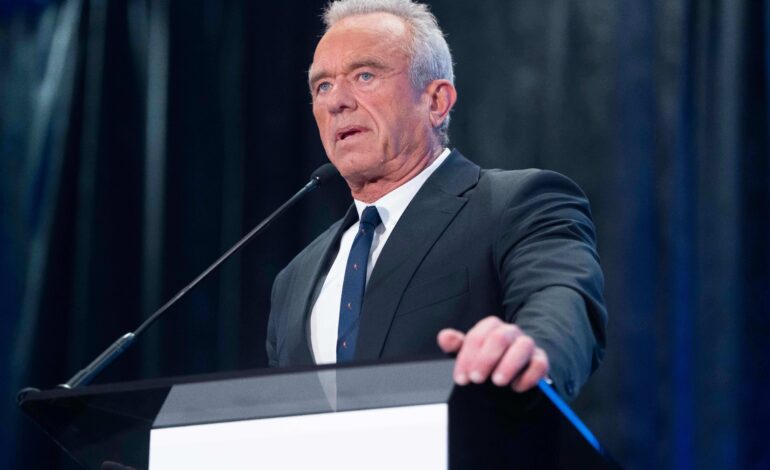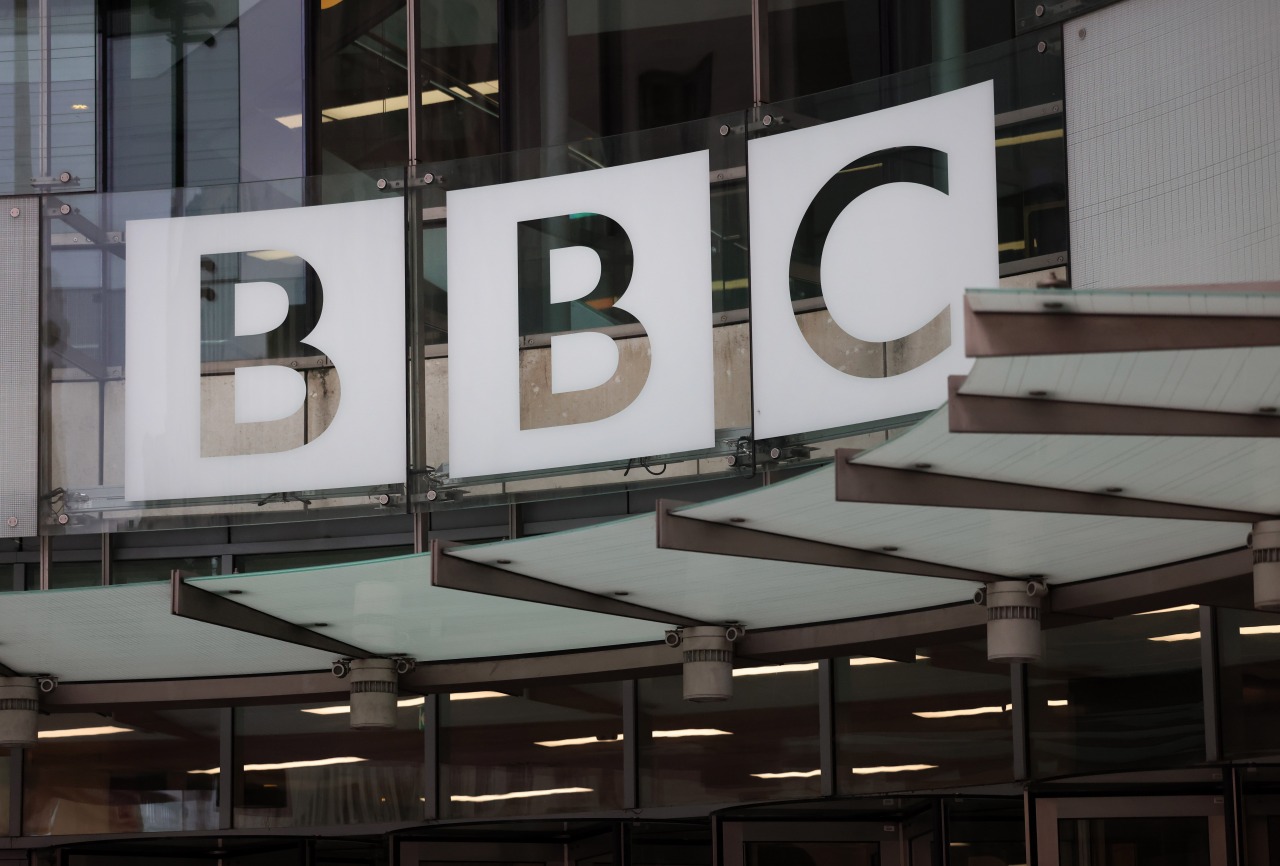RFK Jr. Orders CDC to Address Vaccine-Autism Study Gaps

Robert F. Kennedy Jr. has taken a significant step regarding the ongoing debate about vaccines and autism. The prominent environmental attorney and activist announced he directed the Centers for Disease Control and Prevention (CDC) to revise its public statements, specifically concerning claims that vaccines do not cause autism. This directive has sparked renewed discussions about vaccine safety and the transparency of scientific research.
In a recent interview, U.S. Secretary of Health and Human Services, Anthony Fauci, confirmed that he had instructed the CDC to acknowledge gaps in the existing studies on vaccines and autism. This acknowledgment aims to provide a more nuanced view of the scientific landscape surrounding vaccine research. Fauci emphasized the importance of maintaining public trust in health recommendations, especially as vaccination rates fluctuate.
The CDC currently maintains that there is no credible evidence linking vaccines to autism. However, Kennedy’s call for change highlights ongoing public concerns about vaccine safety. Kennedy, a known figure in the vaccine debate, has been vocal about his belief that certain vaccines could contribute to the rising rates of autism diagnoses in children.
The implications of this directive are significant. By pushing for transparency in the CDC’s communication, Kennedy aims to address the fears of many parents who remain hesitant about vaccinating their children. The CDC’s revisions could alter public perception and influence vaccination decisions across various communities.
October 2023 marks a pivotal moment in the dialogue about public health and vaccines. The response from healthcare professionals and public health advocates remains to be seen, but many are calling for a balanced approach that considers both scientific evidence and public sentiment.
In the wake of these discussions, health officials are reiterating the importance of vaccinations in preventing serious diseases. Vaccines have played a crucial role in reducing illnesses such as measles, mumps, and rubella, with the CDC stating that the benefits of vaccination far outweigh potential risks.
The ongoing controversy surrounding the vaccine-autism debate underscores the need for clear communication from health authorities. As the CDC prepares to update its content, public health experts are watching closely to see how this will influence the ongoing conversations about vaccine safety and effectiveness.
As the conversation continues, it is essential for parents and caregivers to rely on credible sources of information. The CDC, along with other health organizations, will continue to provide updates and guidance to ensure that families make informed decisions about vaccinations.
In conclusion, Robert F. Kennedy Jr.’s directive to the CDC represents a critical moment in the ongoing dialogue about vaccines and autism. The adjustments to the CDC’s messaging may have lasting effects on public perceptions of vaccine safety and the overall health of communities.






